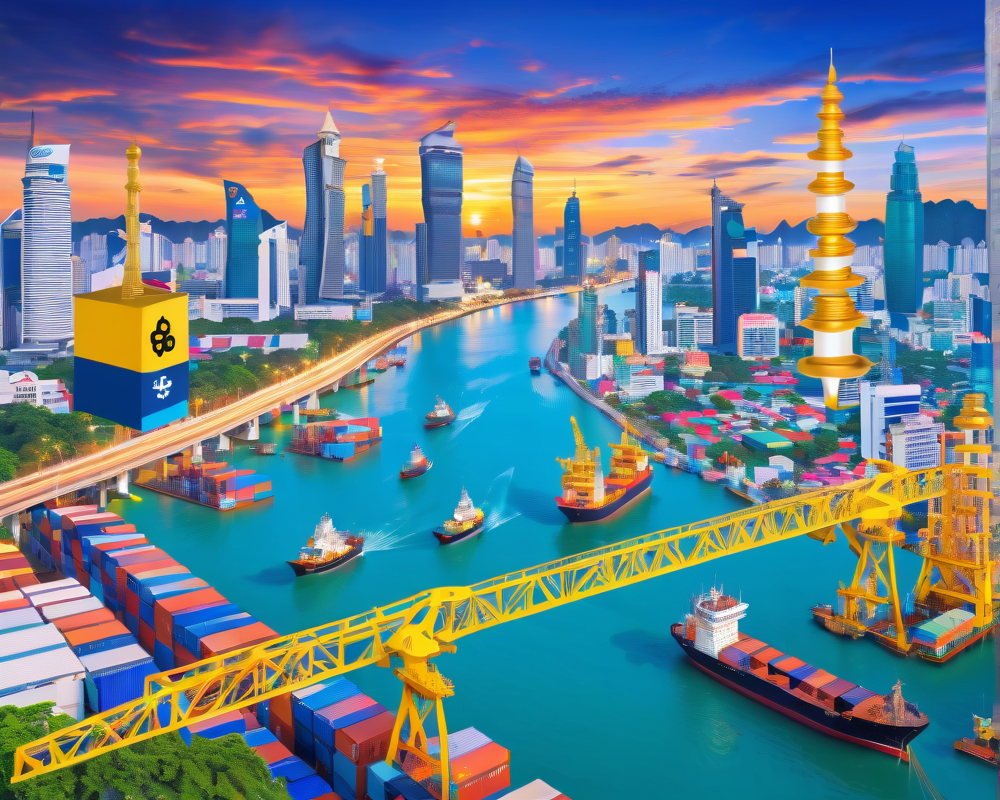Tax Refunds Get a Tech Overhaul
The Thailand Excise Department is making waves with its plans to revamp its overpaid tax refund process for oil exporters through the use of blockchain technology. Announced on November 25 by director-general Patchara Anuntasilpa, the new system is expected to roll out by mid-2020, leaving outdated practices in the digital dust.
How It Works: The Blockchain Breakdown
This innovative system is designed to streamline the process. Oil exporters will initially pay their excise taxes and will then be able to claim refunds for any overpaid amounts after shipping their fuel. Using blockchain technology allows for a more efficient scrutiny of tax payments, addressing the inefficiencies of the current system, which relies heavily on paperwork and less-than-thorough inspections.
- No More Paper Trails: Say goodbye to stacks of documents! Blockchain aims to cut down the clutter.
- Efficiency Over Redundancy: No more manual checks—automation is the name of the game.
Collaboration with Krungthai Bank
The Excise Department isn’t going it alone; they are partnering with Krungthai Bank to bring this blockchain tax refund system to life. This collaboration is part of a larger effort, as they are also piloting two other projects, including:
- Electronic bank guarantees
- Annual fee payments for liquor and tobacco licenses
PTT’s Blockchain Ambitions in Renewable Energy
And it doesn’t stop with tax refunds! The energy giant, PTT, is also diving headfirst into the blockchain world. In a partnership with the Energy Web Foundation, they are working on a blockchain-based platform aimed at enhancing renewables. This initiative is all about creating a regional solution that aligns with the International Renewable Energy Certificate (I-REC) standards.
With only a fraction of Thailand’s clean electricity being certified in the past, this platform could be a game changer, helping to connect supply and demand for renewable energy certifications.
What This Means Moving Forward
The shift to blockchain in both tax refunds and energy certification epitomizes a significant leap toward modernization in Thailand’s economic practices. As these technologies unfold, they promise to not only improve efficiency but also increase transparency in processes that have traditionally been mired in bureaucracy. And let’s be honest, who doesn’t love a little less paperwork?
By adopting such innovative solutions, Thailand might just be setting the standard for other countries on how to blend technology with governance. Ultimately, it’s a win-win for everyone involved—unless you’re a piece of paper.




